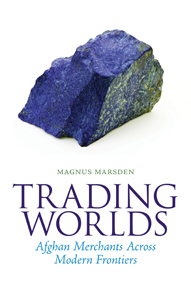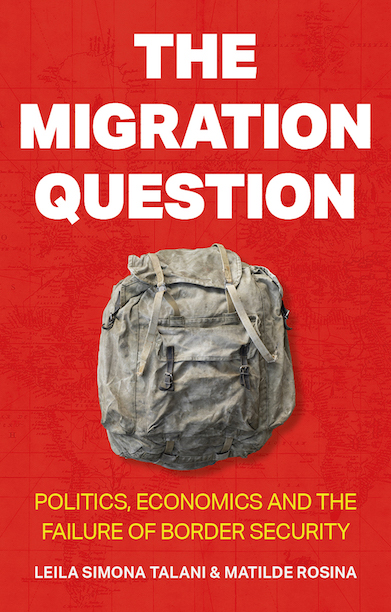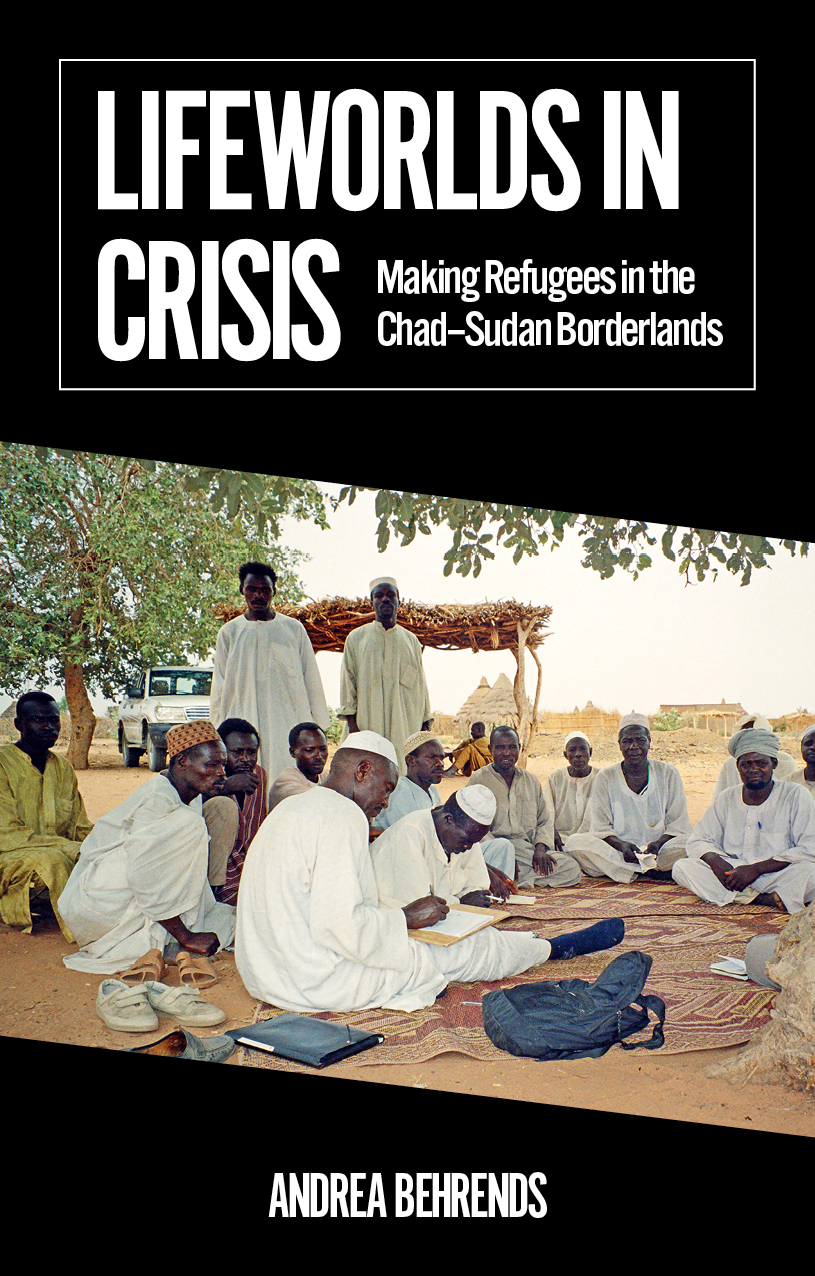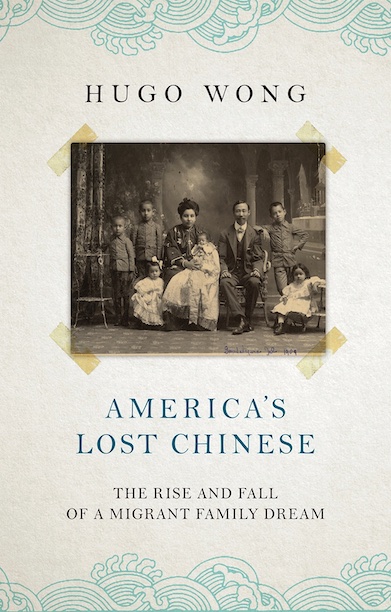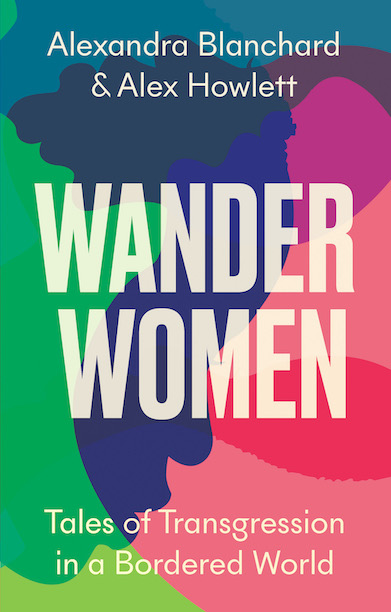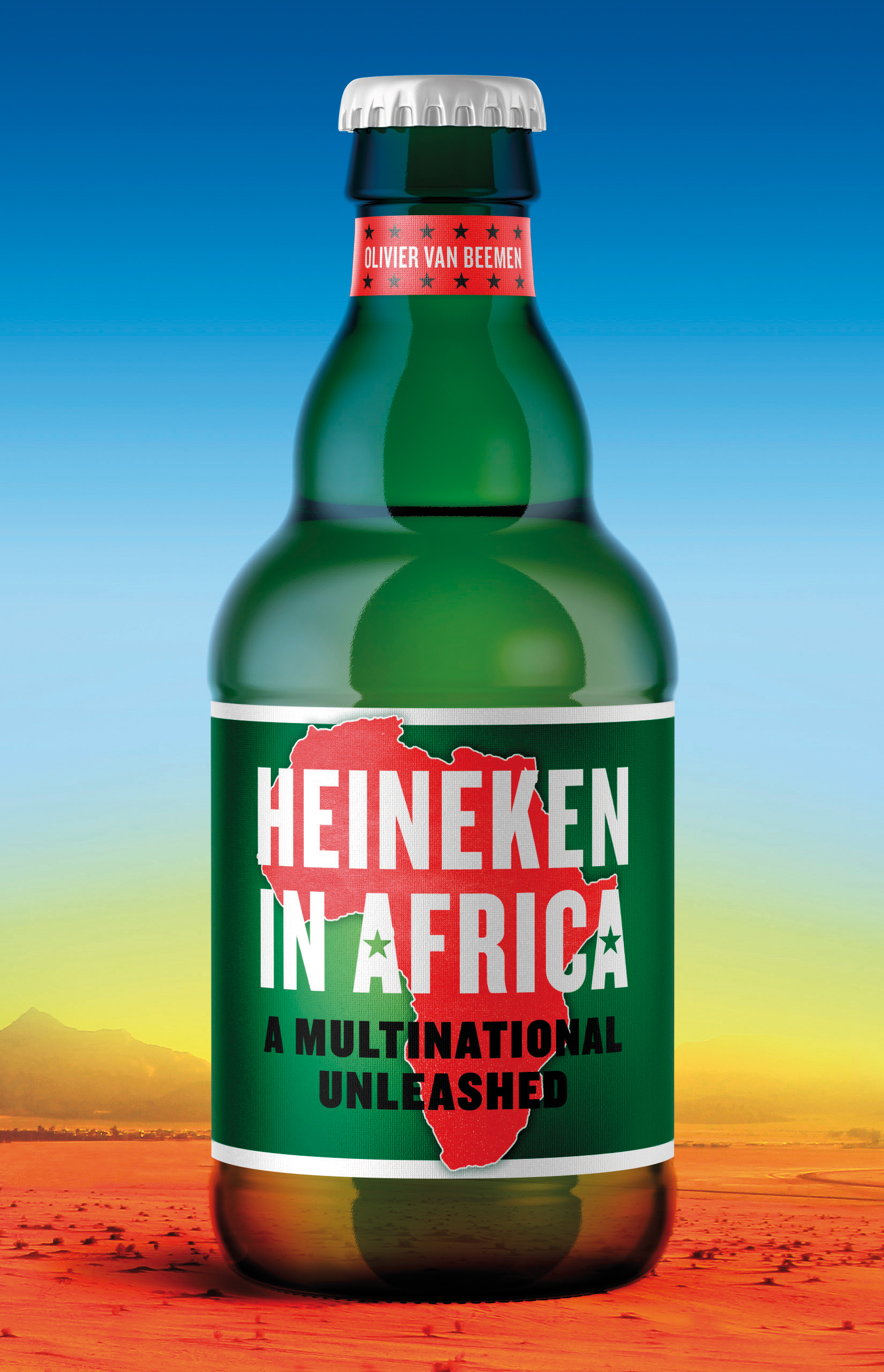Trading Worlds
Afghan Merchants Across Modern Frontiers
‘[His] excellent and informative book is a detailed account of the universe created by such traders, emphasizing local structures and relationships.’ — Times Literary Supplement
Description
Trading Worlds is an anthropological study of a little understood yet rapidly expanding global trading diaspora, namely the Afghan merchants of Afghanistan, Central Asia and Europe. It contests one-sided images that depict traders from this and other conflict regions as immoral profiteers, the cronies of warlords or international drug smugglers. It shows, rather, the active role these merchants play in an ever-more globalised political economy. Afghan merchants, the author demonstrates, forge and occupy critical economic niches, both at home and abroad: from the Persian Gulf to Central Asia, to the ports of the Black Sea; and in global cities such as Istanbul, Moscow and London, the traders’ activities are shaping the material and cultural lives of the diverse populations among whom they live.
Through an exploration of the life histories, trading activities and everyday experiences of these mobile merchants, Magnus Marsden shows that traders’ worlds are informed by complex forms of knowledge, skill, ethical sensibility, and long-lasting human relationships that often cut across and dissolve boundaries of nation, ethnicity, religion and ideology.
Reviews
‘Marsden illuminates one set of links in the chain of markets and traders: the Afghans who dealt and still deal in the wide hinterland beyond the Afghan–Pakistan frontier, cutting the boundaries of South and Central Asia and the post-Soviet world. … [His] excellent and informative book is a detailed account of the universe created by such traders, emphasizing local structures and relationships.’ — Times Literary Supplement
‘Magnus Marsden’s ambitious and eye-opening book analyzes the complex lives of Afghan traders in Central Asia, Russia, London, and elsewhere. With great sensitivity and insight, Marsden demonstrates how traders’ multidimensional relationships of “convivial capitalism” cross boundaries of place, ethnicity, and religion. His book skillfully weaves together information drawn from middlemen, shopkeepers and international magnates alike.’ — Charles Lindholm, University Professor of Anthropology, University of Boston, and author of Generosity and Jealousy: The Swat Pukhtun of Northern Pakistan
‘This is a landmark work in the study of Afghanistan that sets ambitious new standards for the scope and significance of Afghan anthropology. Based on deep reflection on the field data and broad comparisons, the arguments are all the more convincing for their lack of polemic, even as they question some of the basic assumptions of the scholarship.’ — Nile Green, Professor of History & Director, Program on Central Asia, UCLA and author of Terrains of Exchange: Religious Economies of Global Islam
‘In Trading Worlds, Marsden focuses on a class and an activity — merchants and cross-border trading — that few scholars of Afghanistan have noticed, much less taken the time to investigate. In so doing, Marsden exposes the narrow lens through which we have tended to see Afghanistan, which has heretofore been dominated by examinations of tribalism, Islam and violence. In prioritising commerce, the people who conduct it, and the worlds they occupy and create for themselves, Marsden allows us to see Afghanistan in a different light, not only as a nation that has long been at the centre of transnational trading networks, but also as an active participant in emerging forms of global exchange.’ — David B. Edwards, James N. Lambert ’39 Professor of Anthropology, Williams College, author of Before Taliban: Genealogies of the Afghan Jihad
‘The characters Marsden speaks of – the orphaned son of a cloth trader who sells bootleg music cassettes and blue movies in Pakistan’s tribal areas; a Hajji from the Panjshir Valley who is now the sole importer of a popular Russian brand of socks; an émigré in London who builds loft conversions during the week, and sells Turkish-made perfumes at the weekends; a smuggler who brings Korean-made cigarettes across the border from Turkmenistan – would make a fascinating book of short stories in their own right, snapshots of Afghan life in a global economy. But it is Marsden’s own commentary, the background details and analysis he gives, which makes this a complex, multidimensional and thought-provoking work. Refreshingly, we are not seeing Afghans pigeonholed as warlords and drugs barons, victims and refugees, but as active players in an international economy.’ — Sophie Ibbotson, Asian Affairs
Author(s)
Magnus Marsden is Professor of Social Anthropology at the University of Sussex and Director of the University of Sussex Asia Centre. He has spent fifteen years conducting research in both Afghanistan and Pakistan and, with Benjamin Hopkins, is the author of Fragments of the Afghan Frontier and editor of Beyond Swat: History, Society and Economy Along the Afghanistan-Pakistan Frontier. His most recent book, Trading Worlds: Afghan Merchants Across Modern Frontiers, was published by Hurst in March 2016.
